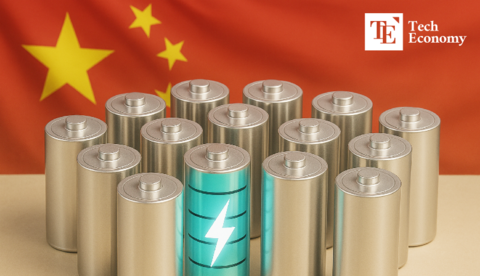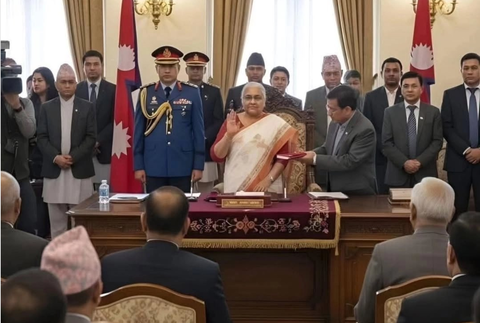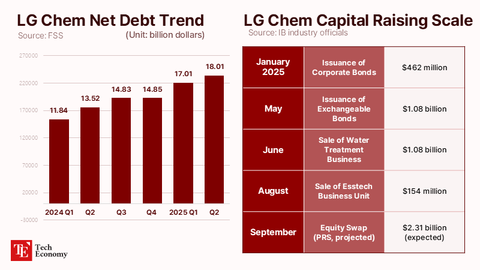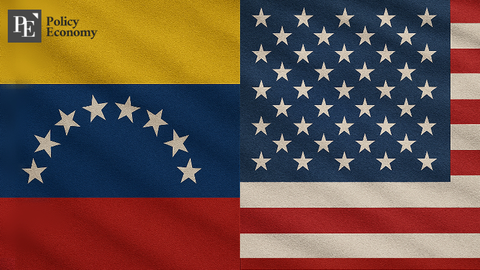Mark Carney Wins Liberal Leadership: A New Chapter for Canada’s Politics and U.S. Relations
Input
Modified
Carney’s Leadership and the Challenge of U.S. Relations Navigating Trade Wars: Carney’s Strategy to Protect Canada’s Economy Resetting Foreign Policy: Balancing Canadian Sovereignty and Global Influence
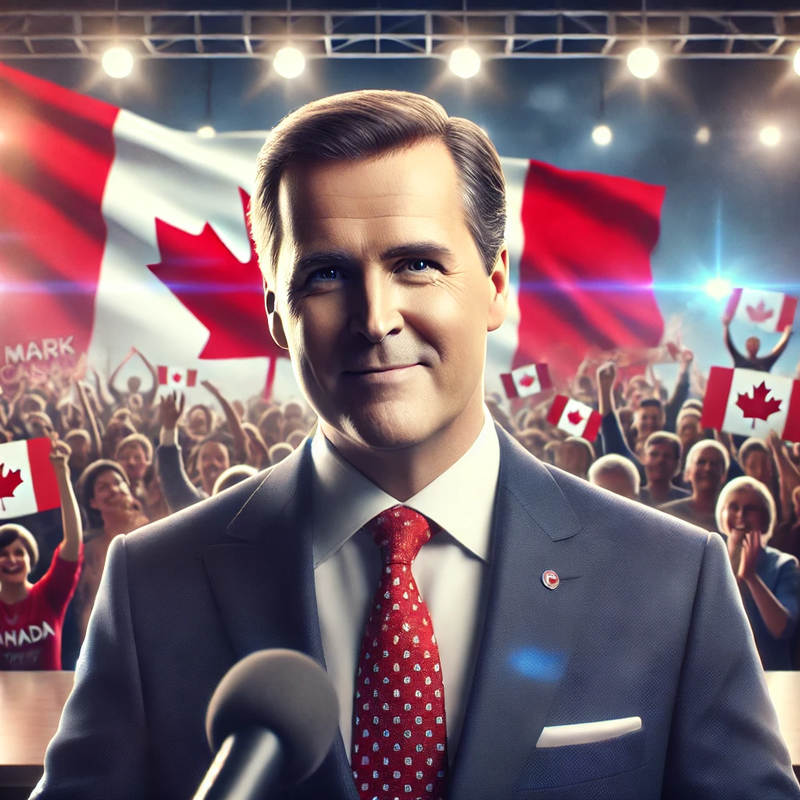
Carney’s Leadership and the Challenge of U.S. Relations
In a significant political shift, Mark Carney, the former banker and current political figure, has emerged victorious in the race to lead Canada’s Liberal Party. As the new leader of the party, Carney is poised to become the next Prime Minister of Canada, a role that holds far-reaching implications not only for the Canadian political landscape but also for the nation’s economic and diplomatic relationships. This change in leadership marks a critical turning point, particularly in the context of Canada’s relationship with the United States and China, and how these dynamics may shift under Carney’s leadership.
Carney's leadership is expected to influence Canada's future in ways that extend beyond the borders of its own political system. With global trade tensions rising and economic ties evolving, Canada’s position within the broader geopolitical framework, especially regarding its neighbor to the south, the U.S., and its historical ties to China, will undoubtedly be redefined. Carney’s policies and political stance will have a lasting impact, not just on the domestic financial system, but also on Canada’s international positioning in the coming years.

Navigating Trade Wars: Carney’s Strategy to Protect Canada’s Economy
Carney’s leadership comes at a time when Canada’s relationship with the U.S. has been in flux, largely influenced by former U.S. President Donald Trump's policies and the broader trade wars that have ensnared global economies. Carney’s approach to managing Canada’s foreign policy—particularly with regard to the U.S.—has been one of cautious pragmatism.
There has been considerable concern that Carney’s background in international finance and his leadership of institutions like the Bank of Canada and the Bank of England might tilt Canadian foreign policy towards a more U.S.-friendly stance, potentially at the expense of Canada’s autonomy. This question has been central to many political discussions, with critics worried that his close ties to global financial networks could encourage policies that make Canada more aligned with U.S. economic interests. Carney, however, has made it clear that he is not overtly inclined to align Canada too closely with the U.S. He has stated on multiple occasions that Canada will maintain its sovereignty and not become a satellite state to its southern neighbor. Yet, Carney’s diplomatic rhetoric suggests that he is aware of the importance of maintaining a working relationship with the U.S., particularly in matters of trade, security, and economic cooperation. The balance will be delicate, as Canadians are notoriously sensitive to anything that might be seen as excessive submission to U.S. pressure. This relationship will need careful navigation if Carney is to avoid alienating his own country’s political base.
One of the first challenges Carney faces as Canada’s incoming Prime Minister is managing the fine line between fostering a more cooperative relationship with the U.S. and maintaining a sense of national identity that is separate from its neighbor. The Canadian public, with its long history of rivalry with the U.S., is deeply sensitive to anything that might appear as undue subordination to American interests. Canadians even have a term for this sentiment: the concept of “Canadiano” versus “Americano,” which reflects a cultural divide between the two countries.
Carney has consistently addressed this issue, emphasizing that while Canada must collaborate with the U.S. on economic matters, it will never succumb to American dominance. This rhetoric is crucial, as any perceived shift towards a more submissive posture with the U.S. could lead to a backlash among Canadians, particularly those who view such tendencies as undermining the nation’s independence. Thus, Carney must tread carefully. His leadership will be scrutinized not only on domestic policies but also on how well he balances Canada’s relationship with the U.S. without alienating his own citizens. Carney has positioned himself as a moderate pro-U.S. leader who is willing to collaborate with American counterparts when necessary, but he has also pledged to safeguard Canada’s independence and interests. His challenge will be to find the right balance between engagement and autonomy, especially in light of the deep national pride Canadians have in their country’s distinct identity.
One of the most contentious aspects of Canada’s recent relationship with the U.S. has been the ongoing trade tensions and tariffs. Under the Trump administration, Canada was frequently caught in the crossfire of U.S. protectionist policies, including steel and aluminum tariffs, which frustrated many in Canada’s political establishment. The Canadian government’s response to these measures was often seen as tepid, with critics arguing that the Trudeau administration did not do enough to confront U.S. demands or to effectively advocate for Canada’s interests on the global stage.
Mark Carney’s approach to these issues will be scrutinized closely, particularly when it comes to how he handles trade relations with the U.S. His leadership will need to address the frustration many Canadians felt during the Trump administration’s tariff war. The response to these challenges must be decisive and capable of rallying widespread support from Canadians, who want to see their government defend the nation’s economic interests more aggressively in future dealings with the U.S.
While Carney has vowed to protect Canada’s economic interests and confront unfair trade practices, he will also need to take a more diplomatic approach to avoid exacerbating tensions with the U.S. This could involve leveraging Canada’s relationship with other key global partners, such as the European Union and China, to bolster Canada’s negotiating position in future trade talks.
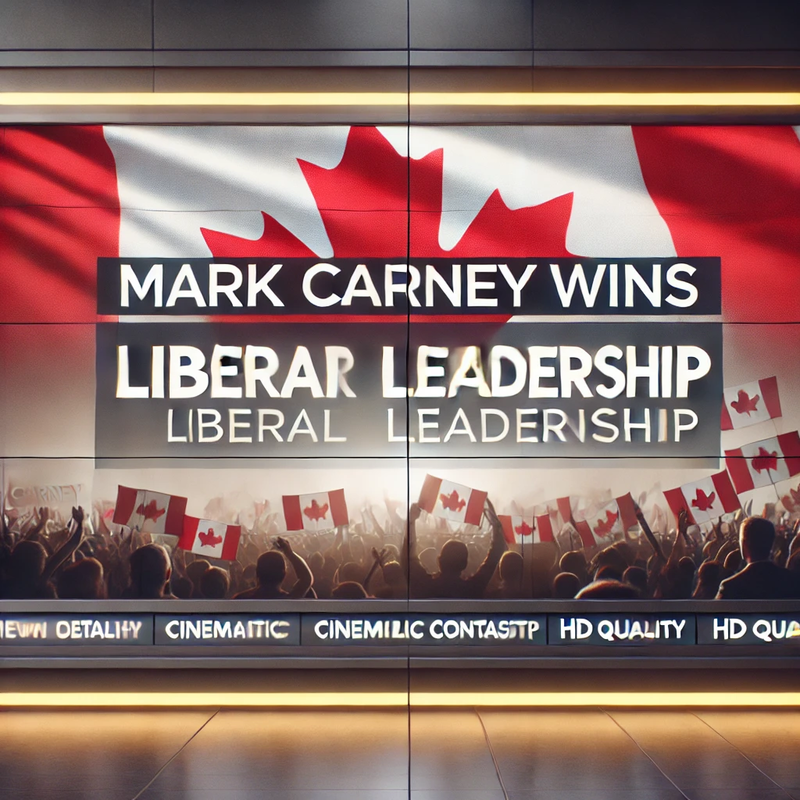
Resetting Foreign Policy: Balancing Canadian Sovereignty and Global Influence
As the new Prime Minister, one of Carney’s first foreign policy priorities will be to reset relations with the United States. The question remains: how will he handle the legacy of Donald Trump’s policies, particularly on trade, tariffs, and environmental regulations?
Carney has already signaled that he will pursue a more pragmatic relationship with the U.S. His remarks have made it clear that while he will maintain Canada’s independence, he recognizes the strategic importance of a close and cooperative relationship with the U.S., especially in areas such as climate change, security, and economic stability. However, he must balance these priorities with the need to avoid appearing as though Canada is simply following American leadership.
Resetting relations with the U.S. is not just a matter of economic policy; it also has implications for Canada’s global positioning. The U.S. remains Canada’s largest trading partner, and the two countries share extensive diplomatic and security ties. However, Carney must also maintain Canada’s global leadership role, particularly with respect to environmental issues and human rights, where the U.S. has sometimes taken a more isolationist stance.
Canada's future under Carney’s leadership could see a greater emphasis on multilateralism, with Carney positioning Canada as a leader in international organizations while also addressing the immediate challenges posed by its close relationship with the U.S.
Carney’s initial moves as Prime Minister will be crucial in setting the tone for his leadership. His first actions will likely focus on restoring stability in Canada’s relationship with the U.S. and addressing lingering concerns about trade imbalances, tariffs, and other economic challenges. However, Carney must also be mindful of his public perception. Any action he takes must resonate with the majority of Canadians, who are looking for a leader who can protect national interests without compromising the country’s sovereignty.
Additionally, Carney will need to address domestic issues such as the economy, healthcare, and climate change, all of which are high on the public agenda. The Canadian electorate will be watching closely to see whether Carney can live up to his promises of moderation, leadership, and a strong national identity.
Mark Carney’s victory in the Liberal Party leadership race represents more than just a change in political leadership for Canada. It signals a shift in the country’s approach to its economic and foreign policy challenges, particularly in relation to the United States. Carney’s ability to balance Canadian sovereignty with the necessity of collaboration with the U.S. will define his leadership. As the world’s eyes turn to Canada, Carney’s actions in the coming months will determine whether he can navigate these complex waters and bring Canadians together for a prosperous future.


